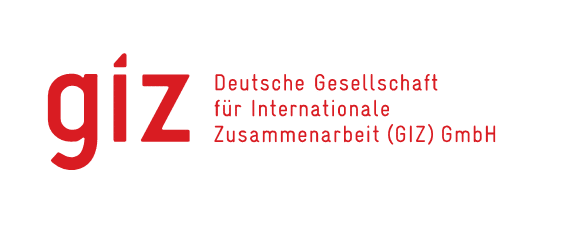In the context of providing service, GIZ‘s IT department is particularly challenged to reconcile different and sometimes conflicting objectives. The number of IT projects is constantly increasing due to the increasing digitalization of all business areas, and this is accompanied by a rise in the expectations of internal customers for shorter delivery cycles and equally comprehensive solutions. This is accompanied by the need to increase the value-add and agility in the creation and operation of IT solutions. Where the integration and networking of people, processes, and things increases, the complexity of the company’s IT landscape also increases. The complexity of the solutions is in strong contrast to the desire of users who are aware of alternatives outside of the work context that are both simple and user-friendly. Adding complexity to the internally developed solutions is the fact that aspects of data protection, IT security, and physical issues (e.g. hardware, and access) need to be taken into account, as well as legal and procedural issues arising from the nature of the business model and organizational principles like budget allocation guidelines, planning and decision-making processes, and co-determination laws.
The objective of the Agile in Residence program is to provide long-term, methodical and content-related support in various digitization and innovation projects. Our task was to work out user-centered solution proposals together with the company’s internal customers in the context of short, intensive co-creation events. The success of user-centered, successful IT projects and innovations was based on multiple and complex factors. Our team has worked for many years in very different contexts, team constellations and for extremely diverse customers and end users. Some key competencies and experiences have always been helpful: working in short, iterative cycles, holistic consideration of users, technology and economy, joint development of project successes and constant sharing of expert knowledge. These ways of working also brought success to the GIZ project.
We worked according to a holistic design approach that enabled user-centered solutions in an agile and co-creative collaboration, taking organizational, technical and economic aspects into account. Our interdisciplinary team had a wide range of competencies, technical expertise and methods in the areas of vision and strategy development, organizational development, change management, design thinking, user research, co-creation, innovation, IT systems and software design. Just as with other projects, we have access to a large number of experts with technical and thematic points of contact; so, we can flexibly put together interdisciplinary teams consisting of experts with the required skills and knowledge.

